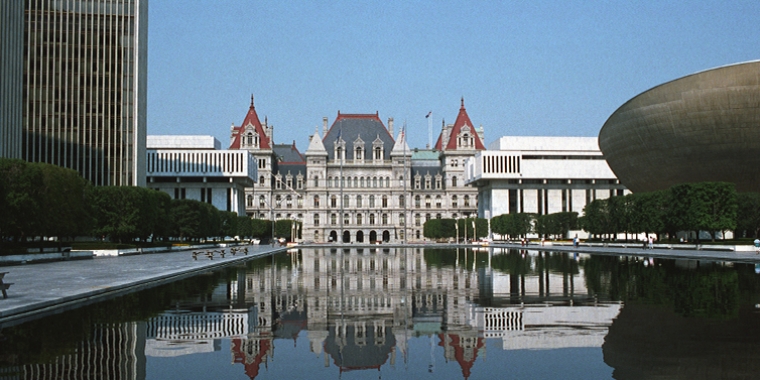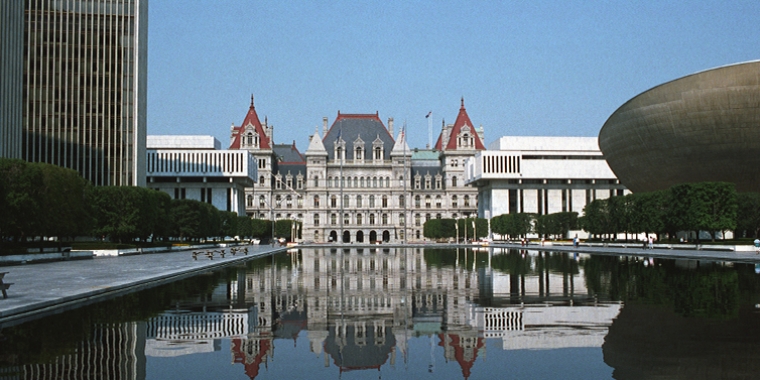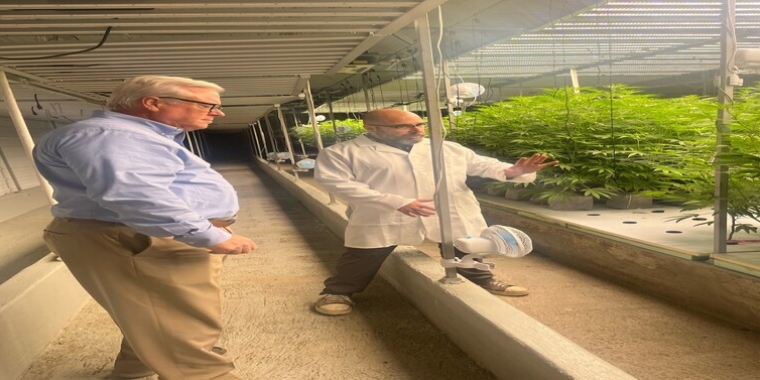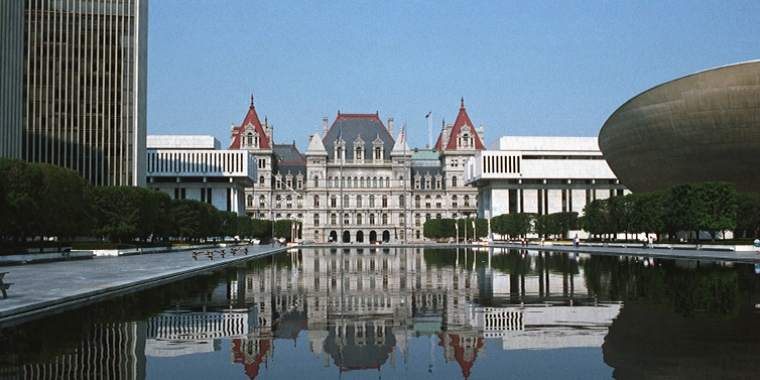
O'Mara-Palmesano legislation to expand high-speed Internet in public libraries signed into law
November 23, 2015
-
ISSUE:
- libraries
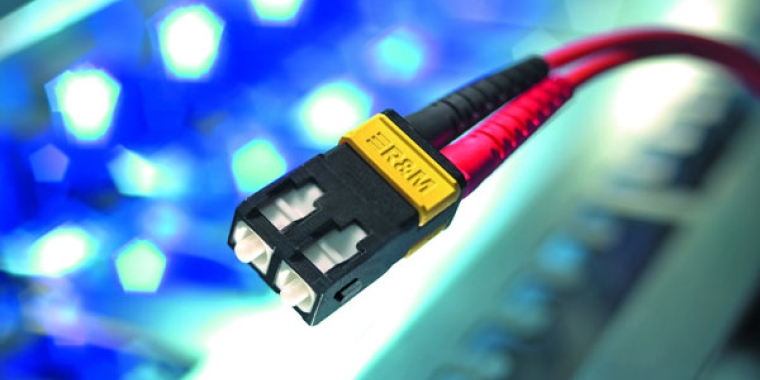
Albany, N.Y., November 23—Legislation sponsored by Senator Tom O’Mara (R,C,I-Big Flats) and Assemblyman Phil Palmesano (R,C,I-Corning) to allow public libraries across the Southern Tier and Finger Lakes regions, and statewide, to access funding for broadband installation and infrastructure through one of the state’s most utilized construction grant programs, has been signed into law by Governor Andrew Cuomo.
In a joint statement, O’Mara and Palmesano said, “Public libraries, especially in many rural, Upstate communities and regions, are New York’s leading digital literacy educators. That role is likely to expand in future years and this new law can help more and more of our public libraries stay ahead of the curve to continue to meet the increasing demand. It’s an investment in education and economic growth.”
New York Library Association Executive Director Jeremy Johannesen said, “New York’s library community is grateful for the leadership of Senator O’Mara and Assemblyman Palmesano on this important issue. This legislation will make it easier for local libraries to deliver high-speed internet access to communities across our state. Thanks to the persistence and vision of Senator O’Mara and Assemblyman Palmesano, libraries have the ability to make needed infrastructure investments that directly benefit their users and help the local economy.”
The legislation (S.4299/A.8168, Chapter 480 of the Laws of 2015) was also sponsored in the Assembly by Assemblyman Thomas Abinati (D-Tarrytown) and co-sponsored by area Assemblymen Chris Friend, Joseph Giglio and Bill Nojay.
The new law will include “installation and infrastructure of broadband services” as a specific project category eligible to receive funding through the state’s Library Construction Grant Program, which annually appropriates $14 million to help public libraries and library systems make renovations and upgrades, update electrical wiring to accommodate computer technology, renovate facilities to provide wheelchair accessible entrances and become fully accessible to persons with disabilities, and provide community meeting rooms.
O’Mara and Palmesano said that libraries are currently unable to access funding through the popular grant program specifically for broadband purposes including cable, wiring and modems, and network terminals and access points.
According to the New York State Library, which administers the grants, a recent survey revealed that public library construction and renovation needs statewide total more than $2.2 billion. Nearly 50% of the over 1,000 public library buildings across New York are over 60 years old. Another 30% are more than three decades old. Many of the state’s local public libraries are unable to accommodate users with disabilities, cannot provide Internet and computer and other electronic technologies to users because of outdated and inadequate electrical wiring, do not have sufficient space to house the library's collection, and lack sufficient space for public access computers.
Share this Article or Press Release
Newsroom
Go to Newsroom